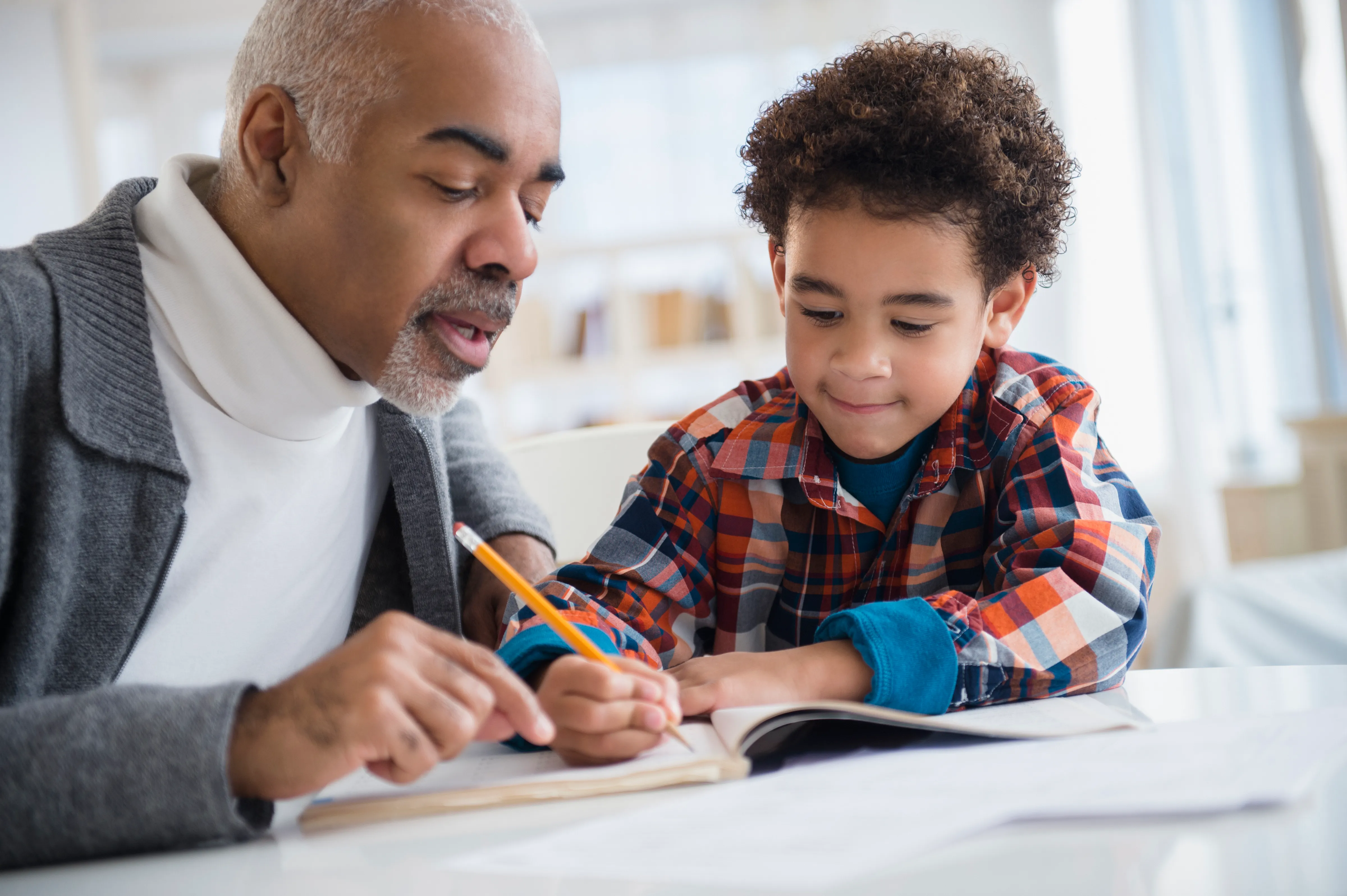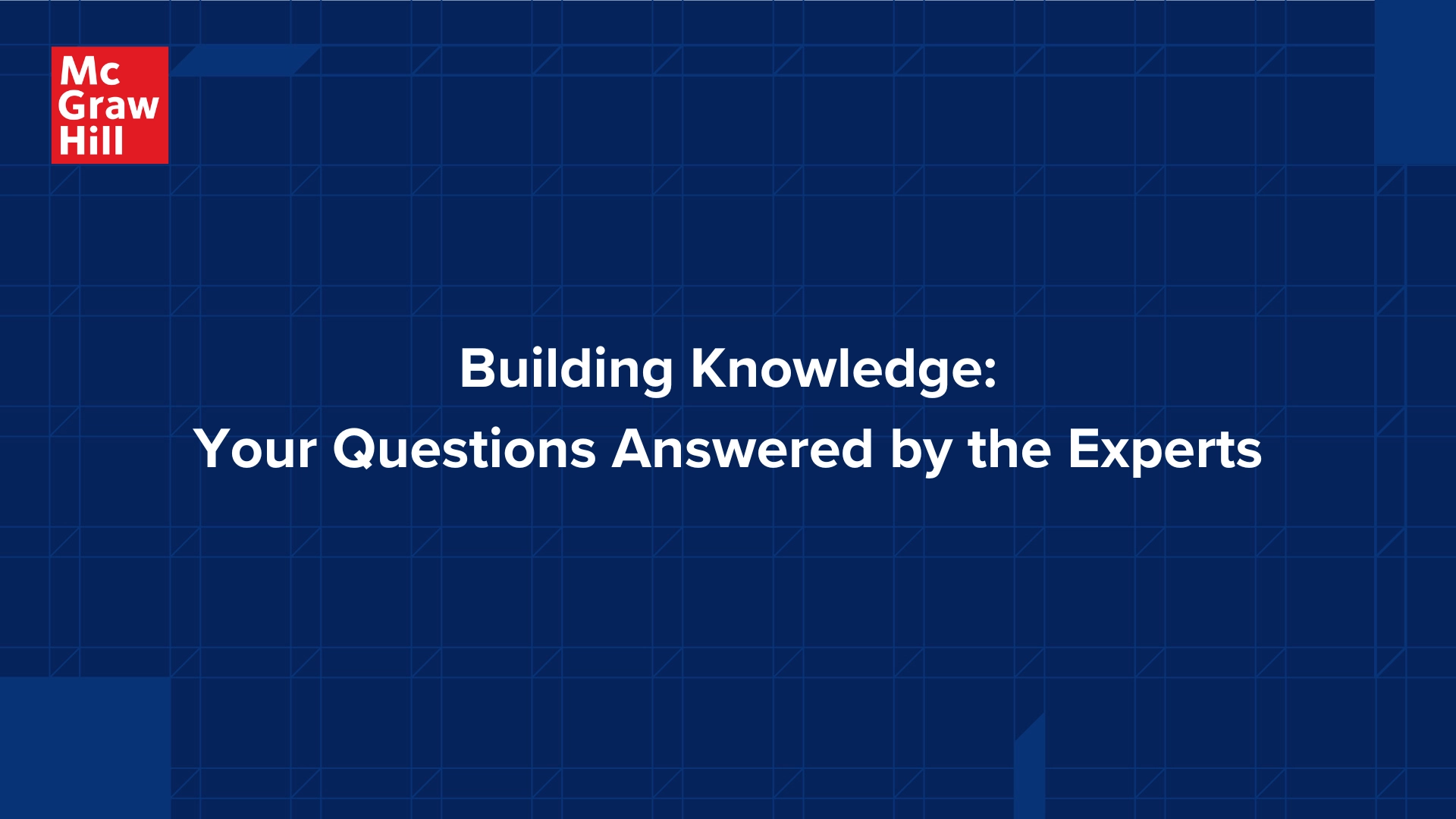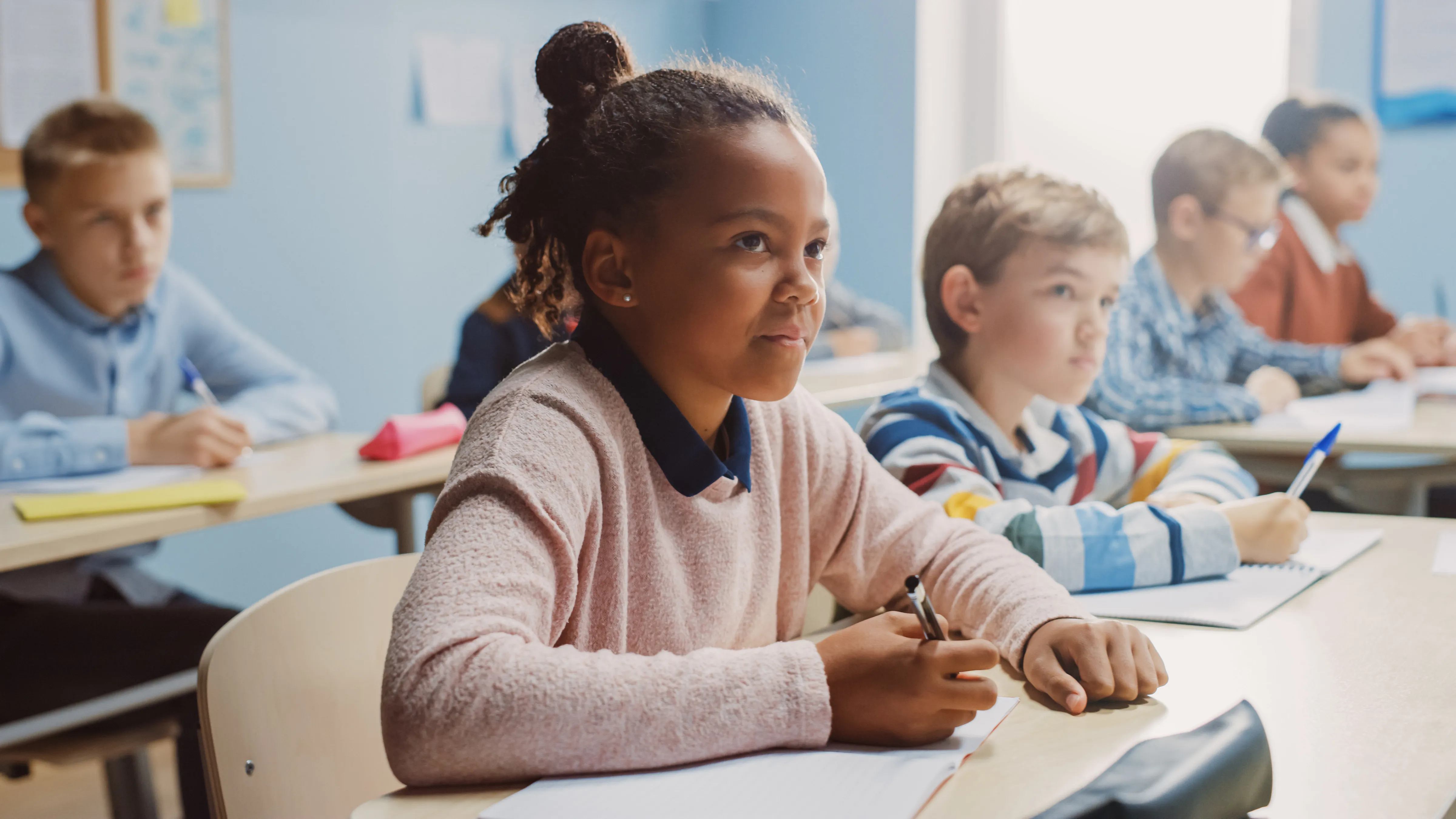Before Instruction
Pre-teaching content-specific vocabulary, showing videos, and using anchor charts as a whole class are simple ways to quickly activate background knowledge on a new topic.
Building knowledge is a critical part of literacy instruction as it equips learners with the context and background knowledge that they need to fully engage with the texts they are reading. Simply put, the more you know, the better you can understand, and the more you can learn.
Much of the conversation about the Science of Reading has centered around word recognition skills including phonemic awareness, decoding, and sight recognition. While phonics instruction is critical, this simplified view does not address the other equally important factors that help students become successful readers, including the development of background knowledge.
Much of the conversation about the Science of Reading has centered around word recognition skills including phonemic awareness, decoding, and sight recognition. While phonics instruction is critical, this simplified view does not address the other equally important factors that help students become successful readers, including the development of background knowledge.
Building knowledge is an ongoing process in each student’s learning journey. Providing students with opportunities to gain content knowledge early can help set them up to become successful readers and writers.
Students can build knowledge through a variety of reading, writing, and critical thinking activities that encourage them to activate prior knowledge, ask questions, problem solve, discuss their ideas, and collaborate with others.
Pre-teaching content-specific vocabulary, showing videos, and using anchor charts as a whole class are simple ways to quickly activate background knowledge on a new topic.
Check in with students throughout the lesson to ensure their understanding by asking questions, prompting, and giving them time to discuss in small groups.
Let students reflect on what they’ve learned individually, in small groups, or as a class. Written responses; think, pair, share; graphic organizers; and summary charts are all effective tools for assessing the learning.
We often talk about the “pendulum swing” regarding our profession’s relationship with reading instruction. But I like to think of it as a spiral... We’re just drilling deeper and deeper into our collective knowledge about what it takes to teach the brain to read.
Fuel Your Knowledge
Take your knowledge to the next level with insights from our experts.

Learn more about Building Knowledge in these articles from Literacy experts.

Listen to conversations with Dr. Douglas Fisher, Dr. Kevin Colleary and more.

Learn about effective teaching strategies to boost comprehension in K-3 students from McGraw Hill Author, Marsha L. Roit EdD.